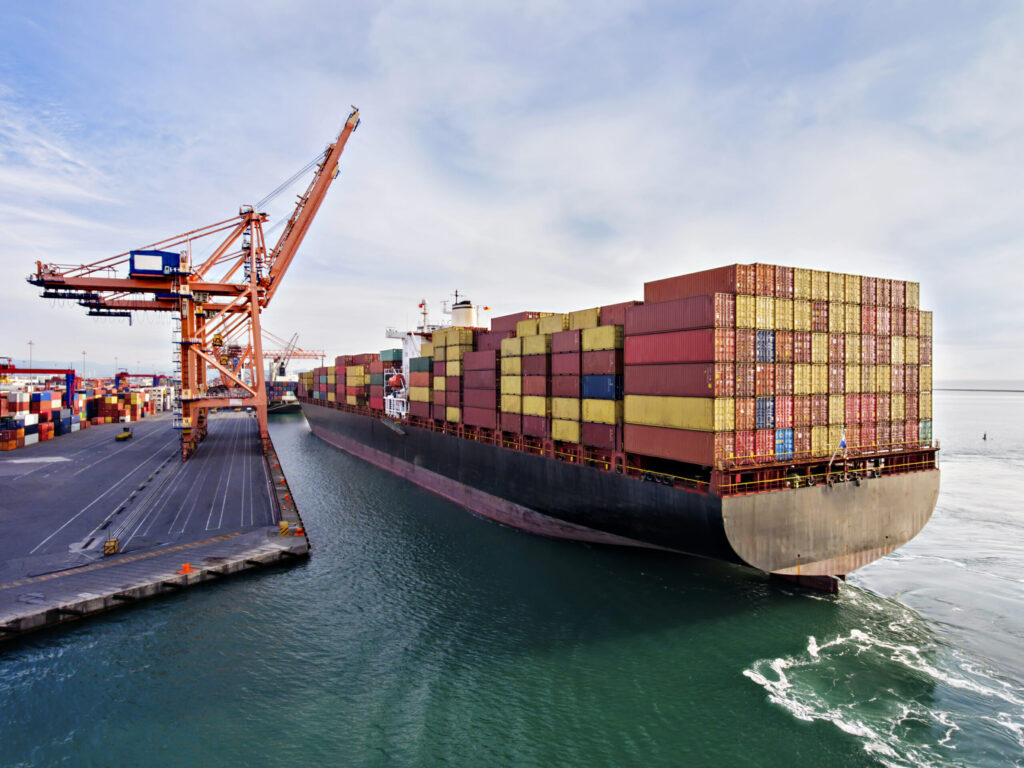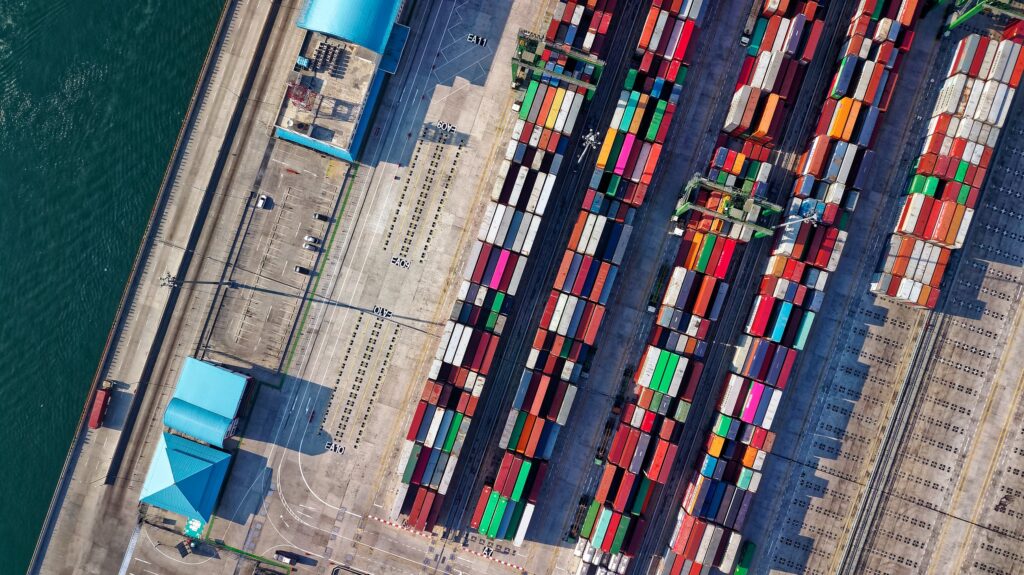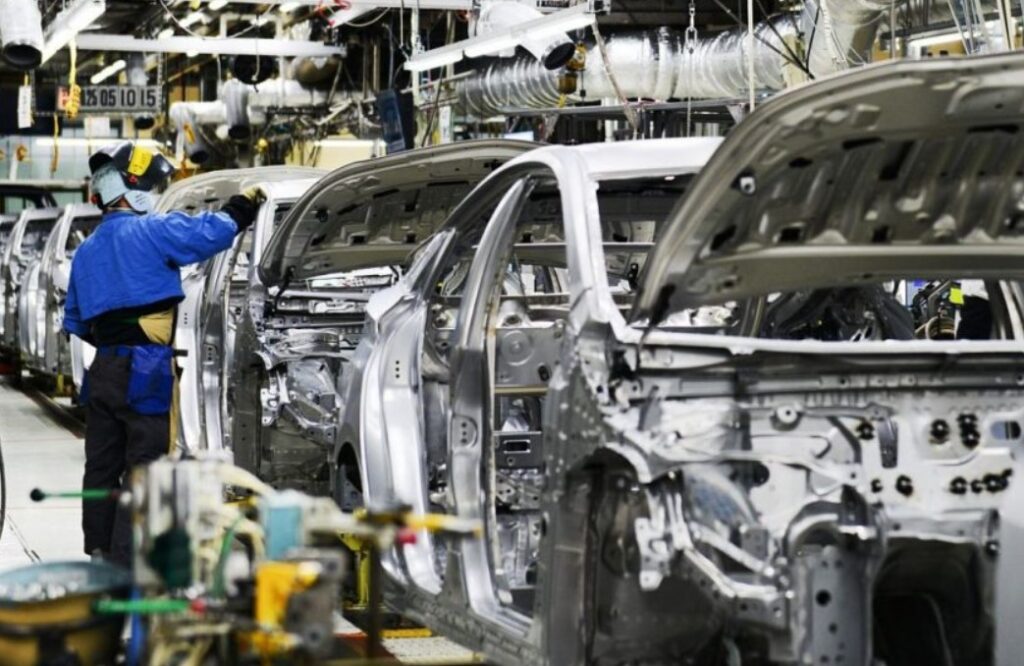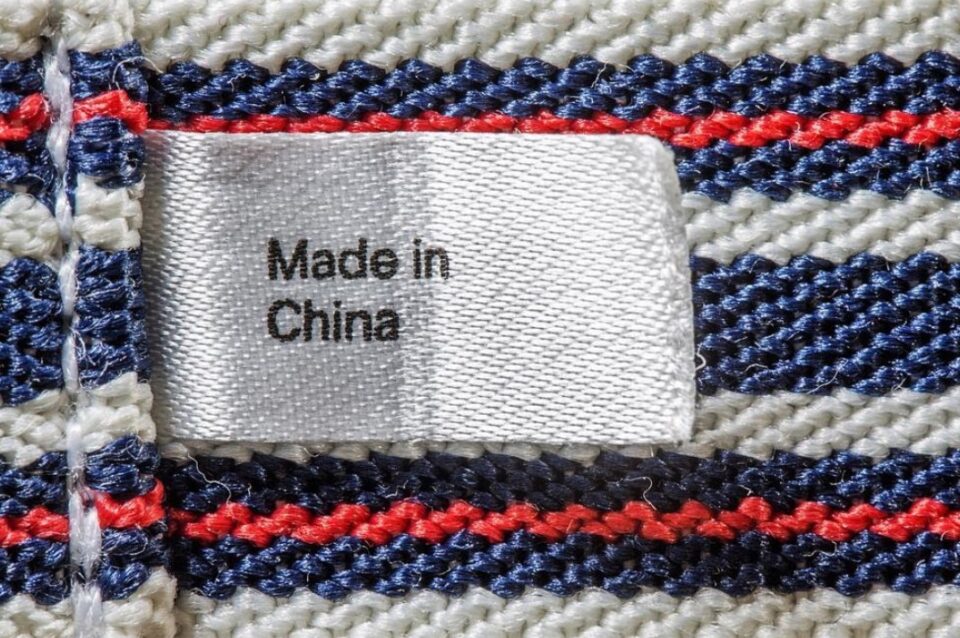If your business is looking for a way to reduce operating expenses, offshore manufacturing may be the way to go. Having your products manufactured abroad saves money while allowing you to maintain a high-quality end product. There are many other benefits as well.
You have probably heard a lot — both positive and negative — about offshoring, but you may not really understand exactly what it is or how it works. You may also have questions about whether it is right for your business and how to find the right offshore manufacturing facility to suit your needs.
We’ve put together a brief overview of offshoring and outlined a few of the reasons you should consider offshore manufacturing for your company.
What Is Offshore Manufacturing?

Offshore manufacturing, or offshoring, refers to when a company’s production operations are performed in another country. Because this practice moves jobs to another country and reduces employment in the company’s home country, it is often perceived negatively. Despite the negative connotations, though, offshoring is extremely beneficial to businesses and can improve the economies of both nations. Offshore manufacturing can also reduce the risk a manufacturing company undertakes, thereby enabling them to provide more comprehensive support for their clients whenever the need arises.
Benefits of Offshoring
When businesses have their products manufactured offshore, they maintain complete control over the production of their products. They continue to oversee operations — albeit from afar — ensuring that their standards are being met throughout every step of the process. For several of the biggest brands in the world, offshore manufacturing is an essential part of their business. Here are a few of the many reasons you should consider offshore manufacturing for your company.
Cost Savings

When you think about the potential benefits of offshore manufacturing, the first thing that probably comes to mind is the potential cost savings. Labor costs are much lower in other parts of the world than they are in, say, the United States. Having goods manufactured in other countries, therefore, costs significantly less because you don’t have to pay employees as much. In Mexico, for example, skilled laborers manufacture high-quality products at prices that are up to 75 percent lower than the cost of similarly skilled labor in the United States.
In some instances, you can also save on real estate, freight expenses and the cost of raw materials and packaging materials by having your goods manufactured overseas.
Skilled Labor
According to a study published by Deloitte and The Manufacturing Institute, a substantial skill gap will impact American manufacturers over the course of the next decade. There will be roughly 3.5 million manufacturing jobs to be filled, and the skill gap is likely to keep nearly 2 million of them vacant. Baby boomers are retiring, and millennials have very little interest in working long-term in manufacturing jobs.
By moving production offshore, your company can avoid the serious issue of having job openings that you cannot fill. There are highly skilled laborers working in factories all around the world, and they are not going anywhere. Moving your production offshore means having access to a huge pool of skilled laborers who are ready and willing to manufacture the high-quality products your company needs.
Business Scaling

No matter what industry you are in, almost every company has a busy season. Even if you are expecting things to get busy around the holidays or during the summer months, a large periodic increase in business can be extremely difficult to keep up with. With offshore manufacturing, you can easily scale up production during your busy season and scale back as demand decreases. Moreover, international express courier service is available for your orders and deliveries.
Offshoring also makes it easier to keep up as your business grows. Growth is the ultimate goal of any manufacturing company but expanding your business as sales increase isn’t easy when you are doing all your own manufacturing, fabrication and fulfillment in-house. Things like additional factory space and manufacturing equipment are extremely expensive and investing in them without selling the additional products you need to make up the expense is often a tragic reality.
If you outsource your manufacturing needs, though, you can drastically scale up your production without making a major investment. And if the demand turns out to be less than anticipated, you don’t have to worry about being stuck with a massive warehouse you don’t need or equipment that ends up gathering dust.
Support for Local and Global Economies
One of the major concerns about offshoring is that it eliminates jobs in the company’s home country. While this is true to an extent, offshoring actually provides support for both local and global economies. It creates jobs in other parts of the world, and it enables you to create high-quality products that you can sell in your home country at an affordable price.
Offshoring enables you to sell for less without sacrificing quality. This encourages customers to buy your products and helps put money into the economy at home. When your customers save money on your products, it also enables them to spend more money elsewhere. This, in turn, stimulates the local economy.
Is Offshore Manufacturing Right for Your Business?

If you own a business that manufactures goods of virtually any type, it is likely that offshoring could be a good solution to your manufacturing needs. In addition to saving you money and enabling you to sell your products at a lower price, offshore manufacturing provides access to skilled labor around the world and enables your company to produce the high-quality goods that your customers have come to expect.

